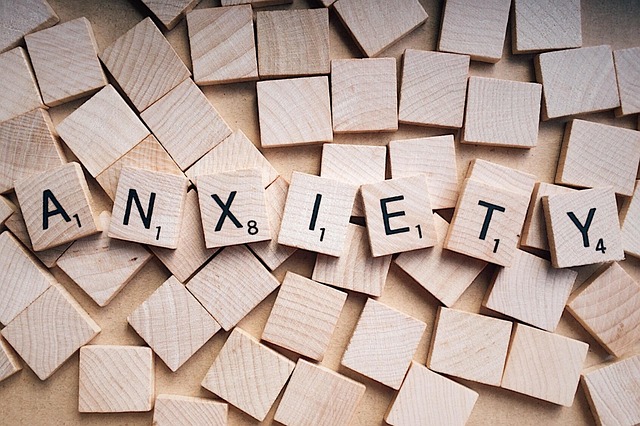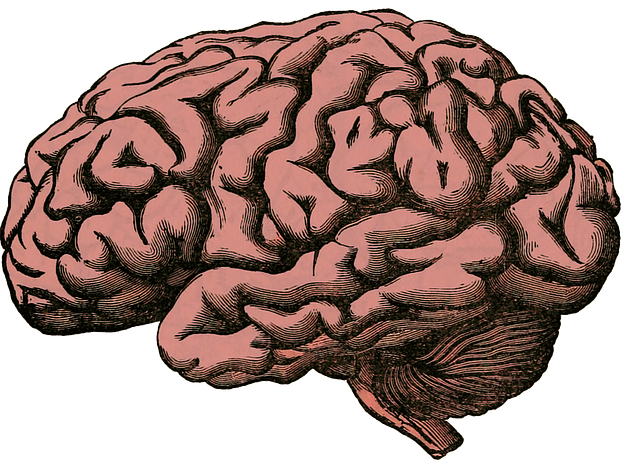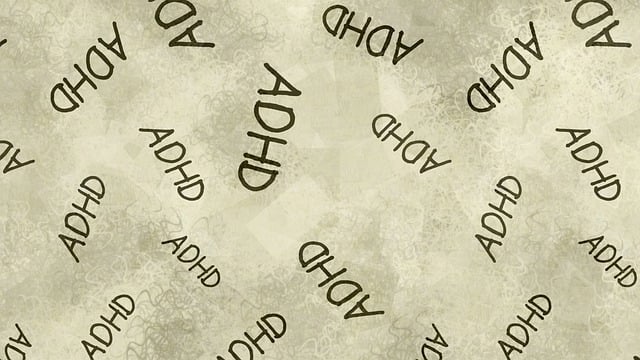Mental health issues are common among sexual abuse survivors, with effects ranging from anxiety to PTSD. Effective support involves specialized care like Greenwood Village Sexual Abuse Survivor Therapy, multifaceted education programs, and community outreach to reduce stigma. This holistic approach includes crisis intervention, self-care guidance, trauma-informed services, and ongoing support, empowering survivors to navigate their recovery journeys with resilience and hope.
Mental health education programs play a pivotal role in empowering survivors, especially those who have experienced sexual abuse in Greenwood Village. This article delves into the critical components that shape effective therapy strategies for such survivors. We explore the profound impact of mental health issues on victims and highlight the need for tailored educational programs. By examining successful implementation in Greenwood Village Sexual Abuse Survivor Therapy, we offer insights into creating supportive environments that foster healing and resilience among survivors.
- Understanding Mental Health Issues and Their Impact on Survivors
- Components of an Effective Education Program for Healing
- Implementing Supportive Strategies in Greenwood Village Sexual Abuse Survivor Therapy
Understanding Mental Health Issues and Their Impact on Survivors

Mental health issues can profoundly affect survivors of sexual abuse, often leading to complex emotional trauma and long-lasting psychological effects. Understanding these challenges is a cornerstone in crafting effective support systems, especially for those seeking healing in places like Greenwood Village Sexual Abuse Survivor Therapy centers. Every individual’s experience is unique; some may face anxiety, depression, or post-traumatic stress disorder (PTSD), while others might struggle with self-esteem issues and relationship problems.
A well-designed community outreach program implementation can play a pivotal role in supporting these survivors. By educating the community about mental health, breaking down stigma, and providing accessible resources, Greenwood Village Sexual Abuse Survivor Therapy can enhance the emotional healing processes for those affected. This includes proper risk assessment for mental health professionals to ensure safe and effective support is offered tailored to each survivor’s needs.
Components of an Effective Education Program for Healing

An effective mental health education program for healing must be multifaceted and inclusive. At its core, it should offer Greenwood Village Sexual Abuse Survivor Therapy tailored to address the unique needs of individuals who have experienced trauma. This involves providing accessible Public Awareness Campaigns Development to break down stigma and encourage victims to seek support. Integrated Crisis Intervention Guidance is crucial, offering practical tools for managing acute distress and promoting resilience.
The program should also equip participants with coping mechanisms and skills for long-term mental well-being. This includes teaching trauma-informed approaches to self-care, stress management, and building healthy relationships. Ensuring ongoing Trauma Support Services readily available post-program is vital for sustaining healing journeys. Through a combination of these components, an education program can effectively empower individuals to navigate their recovery journeys with dignity and hope.
Implementing Supportive Strategies in Greenwood Village Sexual Abuse Survivor Therapy

In the context of Greenwood Village Sexual Abuse Survivor Therapy, implementing supportive strategies is paramount to fostering mental wellness and empowering individuals on their journey to recovery. These strategies are designed to enhance coping skills development, enabling survivors to navigate the complexities of trauma with resilience. By integrating evidence-based practices tailored to address the unique needs of sexual abuse survivors, therapists can facilitate the building of inner strength and promote long-term healing.
The therapeutic environment plays a crucial role in this process, offering a safe space for expression and exploration. Through group therapy sessions, peer support networks, and individual counseling, survivors gain valuable coping mechanisms to manage their emotional responses. Furthermore, these strategies encourage self-care practices, helping individuals cultivate inner strength and develop effective ways to cope with the aftermath of trauma, ultimately enhancing their overall mental wellness.
Mental health education programs play a pivotal role in supporting survivors, especially those who have experienced sexual abuse. As highlighted in this article, understanding the impact of mental health issues is essential for creating effective interventions. By incorporating key components such as trauma-informed care and empowering survivors with coping strategies, programs like Greenwood Village Sexual Abuse Survivor Therapy can foster healing and enhance long-term well-being. These initiatives are game changers, ensuring that survivors receive holistic support tailored to their unique needs.














